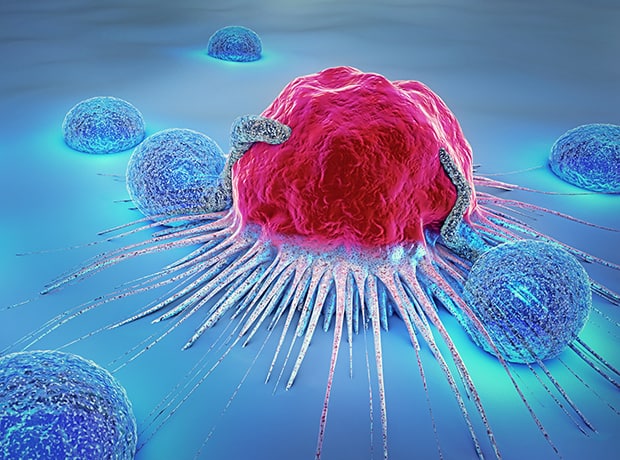Positive Phase 1 clinical data presented at ASCO annual meeting
invoX Pharma Limited announced updated results from a Phase 1 study of FS222, showing significant anti-tumor activity in patients with advanced solid tumors.
Data presented at the 2024 American Society of Clinical Oncology Annual Meeting highlights the potential of FS222 to be a breakthrough treatment option.
FS222, a CD137/PD-L1 bispecific antibody, is part of invoX’s innovative product pipeline. The Phase 1 trial enrolled 100 subjects and aimed to establish the safety and maximum tolerated dose of the drug. The study also evaluated the antitumor activity, pharmacokinetics, and pharmacodynamics of FS222.
Treatment, administered every 4 weeks, increased intratumoral T-cell proliferation and CD8+ T-cell infiltration. Treatment-related adverse events were dose-dependent but manageable and reversible.
Commenting on the drug’s potential, Dr Elena Galarda, Head of Early Drug Development at Vall d’Hebron University Hospital, said: “While great advances have been made in immuno-oncology research, existing treatments still face challenges in terms of response rates and duration of responses, especially in treatment-resistant cancers.
She added: “The possibility of targeting multiple complementary immune mechanisms with a single agent is very exciting and has great potential to address unmet patient needs. These results with FS222 are very encouraging and demonstrate promising antitumor activity with a manageable safety profile, warranting further investigation.”
Ben Toogood, CEO of invoX, also expressed optimism, saying: “We are encouraged by these results and are particularly impressed with the preliminary anti-tumor activity observed with FS222 in melanoma patients previously treated with a PD-1 antibody.
“There is an urgent need for innovative immuno-oncology therapies for patients with treatment-resistant cancers. We see great potential for FS222 in this field and will continue to further study FS222 with the aim of benefiting patients in the future.”
Study results showed a disease control rate of 45.0% in all patients, with notable responses observed across a range of tumor types, including melanoma, ovarian cancer, and non-small cell lung cancer.








